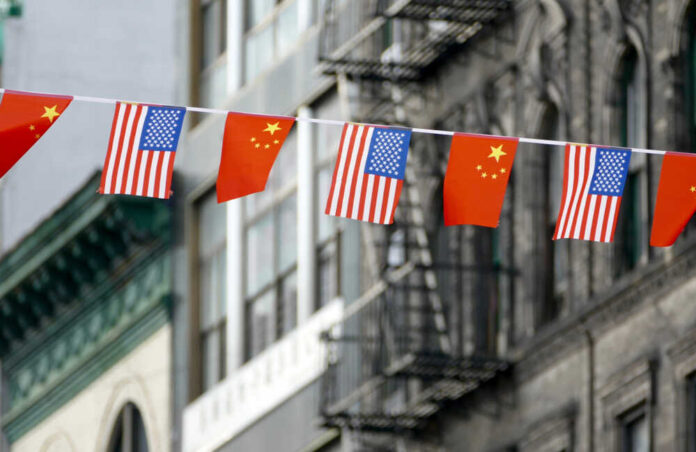
Congressional Republicans have demanded further investigation into how communist China could be using “sister cities” to spy on the United States and to examine its partnerships with foreign adversaries.
According to the Washington Examiner, a “’sister city’ is a relationship established between two communities in two different countries after officials from both nations make an agreement. The U.S. has 1,800 of these partnerships with 138 countries. According to the latest numbers from 2019, there are 157 partnerships with China. That includes Houston, a sister city with Shenzhen, China; Seattle, a sister city with Chongqing, China; and Washington, D.C., a sister city with Beijing.”
JUST IN: China has embedded itself in more than 150 cities across the U.S. in massive expansion of CCP spy networks — @MarshaBlackburn spearheading new effort to expose, crackdown https://t.co/yyxjOIIxi8
— Adam Kredo (@Kredo0) April 19, 2023
Legislation proposed by Sen. Marsha Blackburn (R-TN) and four other Republican senators would require the Government Accountability Office (GAO) to issue a report delving into the ways in which China could use these “sister city” partnerships for espionage or to gain influence. Rep. Chip Roy (R-TX) also plans to introduce companion legislation in the House.
“We need to take proper action and have the GAO do a deep dive into what is happening with these partnerships and these programs that are involving foreign communities in countries where we have adverse relationships,” Blackburn said in an interview with the Washington Examiner. “We should look at how we should manage these sister city partnerships, which is important for us to do to protect our nation and to protect our sovereignty.”
Blackburn introduced the same bill during the last session of Congress when Democrats controlled both chambers of Congress, but it never made it out of the Senate Committee on Foreign Relations.
Now, she believes that the legislation is especially necessary due to communist China’s increasing military aggression — including their efforts to intimidate Taiwan, their use of surveillance balloons to spy on sensitive military sites in the U.S., their operation of Chinese police stations inside the U.S. and the threats made by China when then-Speaker of the House Nancy Pelosi (D-CA) visited Taiwan.
“I think there is growing concern over what China is doing. Thereby, you’re going to see bipartisan support for this to continue to grow,” Blackburn said. “We know the Chinese Communist Party has said they will use the sister-city partnerships to build relationships with people that they feel will run for higher offices someday in the future.”
Meanwhile, China has a history of terminating these sister-city relationships if they don’t cater to the Chinese Communist Party’s demands. On one such occasion, Shanghai ended its partnership with Prague, the capital of the Czech Republic, after the city’s mayor refused to commit to the “One China” policy, which claims that the free nation of Taiwan is owned by China.
“They use these relationships to paint their picture of China, instead of actually reflecting history or reflecting what is currently happening,” Blackburn said.
According to Blackburn’s office, the proposed bill would identify “oversight practices that U.S. communities implement to mitigate the risks of foreign espionage and economic coercion within sister-city partnerships,” assess how “foreign communities could use sister-city partnerships to conduct malign activities” and review best practices for sister-city partnerships to “ensure transparency.”













